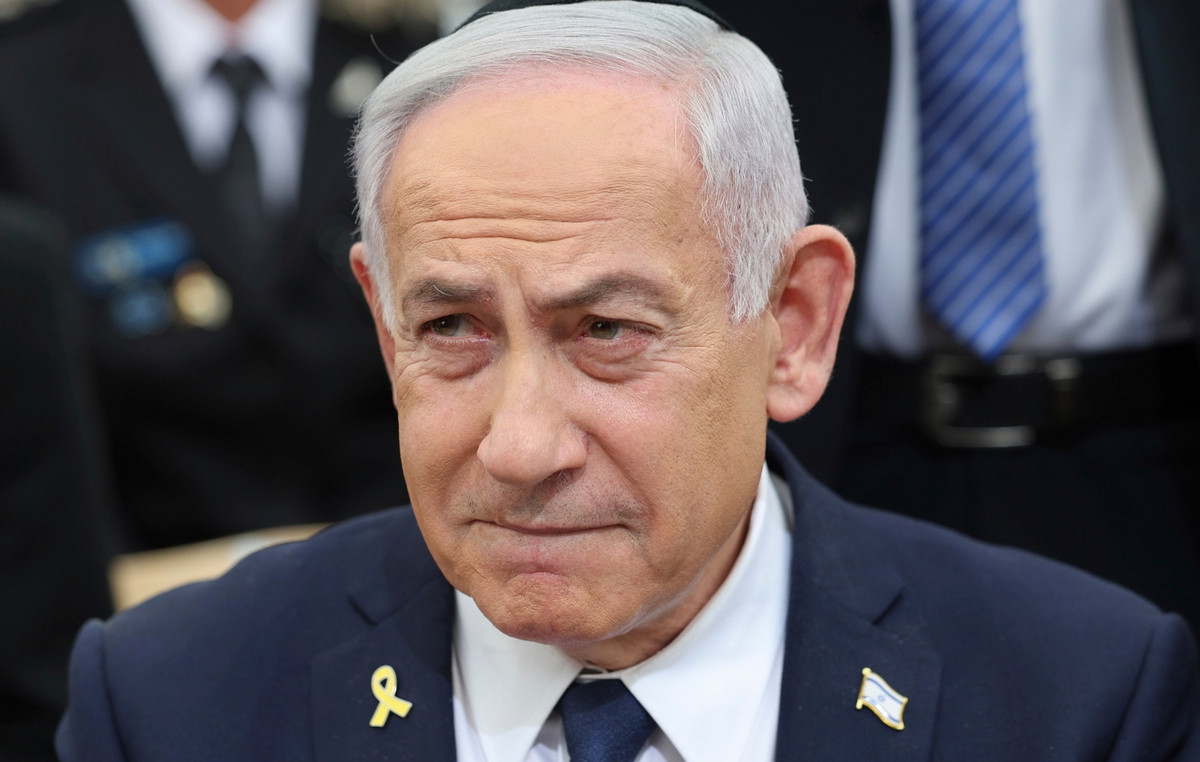After many days of uncertainty, the Libyan authorities postponed the presidential election, just 48 hours before it starts on December 24. It seems unlikely that a new date will be set in January, leaving the country paralyzed by tensions between rival groups that disagree on the election law.
Few will be surprised that Libya’s presidential election was postponed two days before it took place. However, as the timing of the vote became increasingly unrealistic, authorities seemed reluctant to confirm the news. The ball was left to the country’s National High Electoral Commission (HNEC) to “propose” on December 22 that the vote be postponed for a month until January 24. Despite this proposal coming “after consultation” with parliament, the latter has not yet confirmed the new date.
Parliament and … responsibility
In a statement, the HNEC distanced itself from delays that have accumulated in recent months, such as the indefinite postponement of the publication of the official candidate list on December 11th. Instead, he accused “circumstances beyond the control of those responsible for the proceedings.” He also urged parliament to take responsibility, urging it to take “the necessary measures to remove restrictions on the electoral process”, including tackling “inadequate electoral legislation”.
Earlier in the day, a parliamentary committee tasked with overseeing the election gave a brief acknowledgment of the “inability” to open polling stations on the scheduled date, without giving further details.
“The issue of postponement has become a hot potato that each side is trying to toss to the other, whether it is parliament or the HNEC,” political commentator Faisal Buraika told the Arabic channel FRANCE 24.
At the heart of much of the controversy is Libya’s electoral law, which is supposed to set the rules for the historic presidential election process, but has instead been delayed. Instead of being voted on by lawmakers, the new law was passed directly by Parliament Speaker Angila Saleh, with some saying it unfairly favored Saleh’s ally, the presidential candidate, Brigadier General Khalifa Haftar, who controls the eastern part of the country. southern Libya.
“Parliament itself undermined the preparations for the process by passing electoral laws without any discussion,” Buraika said. “That’s why the HNEC threw the ball in the side of parliament, citing restrictions on the electoral process that only parliament can resolve.”
Is the January election date possible?
Meanwhile, long-running differences between the east and the west are entrenched to the point where either side may reject the election results and there is no guarantee that they will accept the result if a new election date is announced in January.
“The current climate is not conducive to elections of this kind and the main candidates do not seem ready to go to the polls in a serious and fair way,” Hafed al-Gwel, a Libyan expert, told France24. researcher at the Institute for Foreign Policy (FPI) at Johns Hopkins University in Baltimore.
Polar candidates do not help either. Along with Caliph Haftar and caretaker Prime Minister Abdul Hamid Dhaeba, one of dozens of possible candidates is Saif al-Islam Gaddafi, the son of former dictator Muammar Gaddafi, who is wanted by the International Criminal Court (ICC). .
Faisal Buraika says it will take more than a few weeks to resolve these issues, especially as the caretaker government loses its mandate on December 24 – when the presidential election is due to take place. “We can expect the parliament to postpone the elections until after January 24, because there is the issue, behind the scenes, of forming a new government and a new presidential council for the next six months to a year.”
This means the continuation of the long political process towards self-government, which has been overseen by the UN since the ceasefire was declared in Libya 12 months ago, after a decade of fighting after the death of Muammar Gaddafi in 2011.
As political uncertainty continues, armed militias deployed in Tripoli on December 21st, raising fears that election tensions could spark a return to violence.
Meanwhile, the prospect of an end to instability is increasingly seen as an illusory dream for potential voters and members of the international community who hoped the election would be held on December 24 as scheduled.
Under these circumstances, Buraika said, “apart from the delay in the elections, we have to think about the Libyans and the 2.5 million voters who were ready to go on December 24, which would be a historic day. They must be very disappointed. “.
Petros Kranias
Read also:
.
Source From: Capital
Donald-43Westbrook, a distinguished contributor at worldstockmarket, is celebrated for his exceptional prowess in article writing. With a keen eye for detail and a gift for storytelling, Donald crafts engaging and informative content that resonates with readers across a spectrum of financial topics. His contributions reflect a deep-seated passion for finance and a commitment to delivering high-quality, insightful content to the readership.







